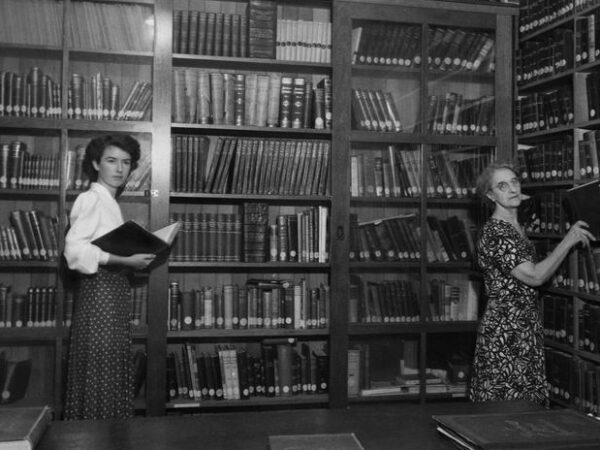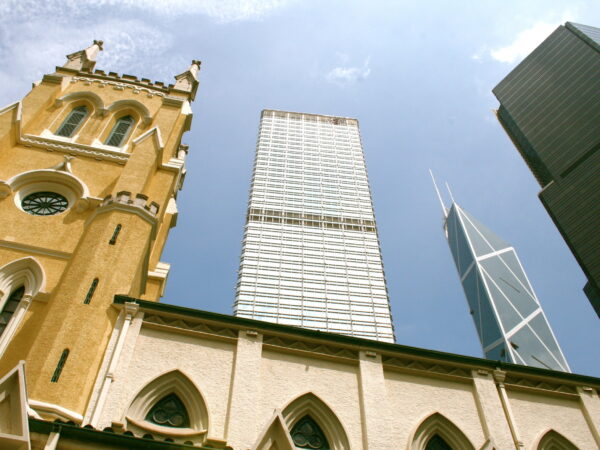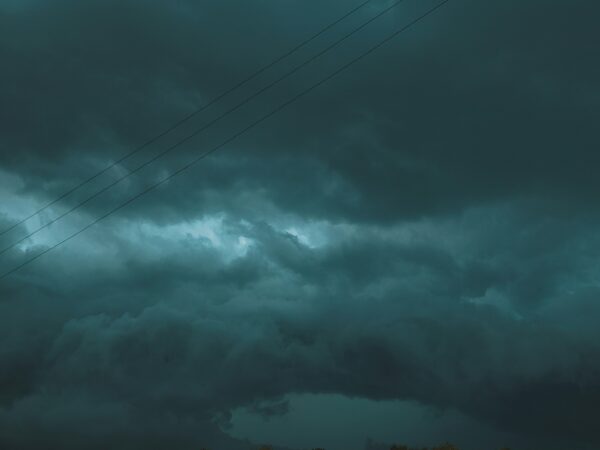
Whether through suits before the International Court of Justice, pro bono suits in American courts, appeals to the United Nations, or student-led civil disobedience movements on campuses all over the democratic world, Palestinians and their supporters are attempting to cause a miraculous rupture in the realm of positive law, not to further the arbitrary ends of power, but to further the just and lawful ends of Palestinian freedom.
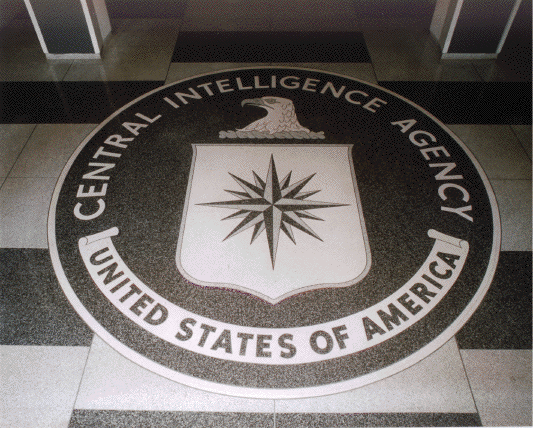
This post considers how the purportedly “secular” state strategically deployed “Catholicism” in its imperial actions abroad and how those reverberated at home. The Central Intelligence Agency found Catholicism to be a useful ideological ally in the struggle against communism during the Cold War, raising up anticommunist, conservative, and largely white US Catholics as ideal citizens at home to support their use of Vietnamese Catholics as anticommunist allies abroad.
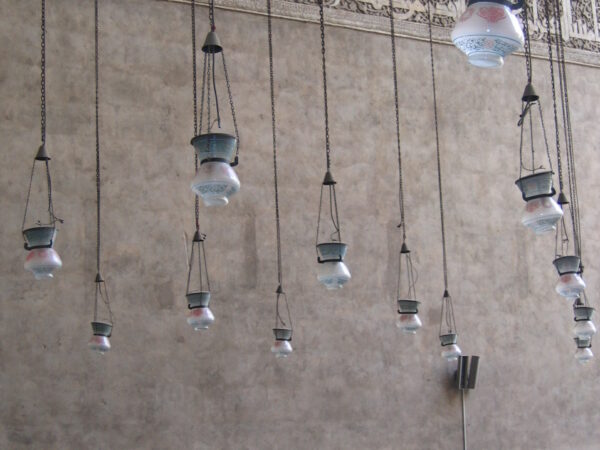
The school of Talal Asad has identified virtue ethics as the primary model constituting the continuity of premodern Muslim thought with movements of the modern period. But is this model really the most characteristic common denominator of premodern Islamic thought?
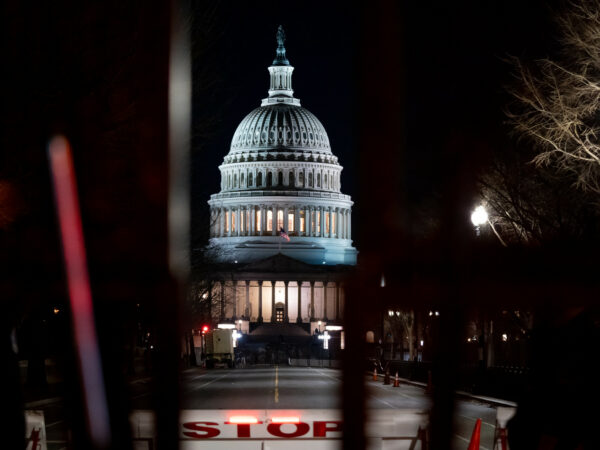
We are shocked. Morally outraged. How could a US president tout “law and order” to incite a blatant attack on “American democracy” and “the rule of law,” encouraging his supporters to storm the US capitol? Commentators decry such hypocrisy, stating the obvious contradiction between US constitutional law and violent coups. My contention in this essay is that no such contradiction exists.
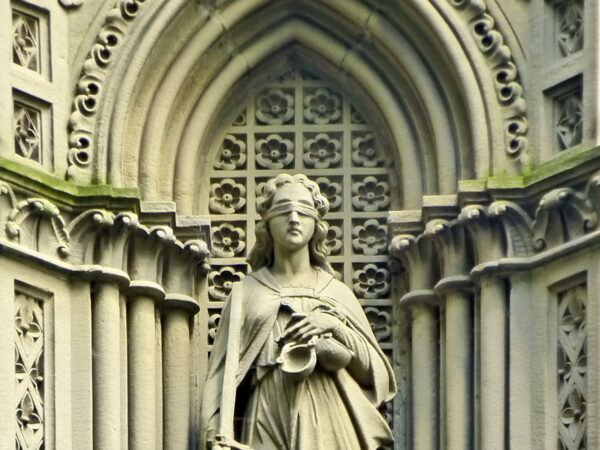
Church-state relations have been examined as a catalyst of legal conflicts, particularly in the United States today. Yet what do we mean when we talk about the “church” in legal contexts?
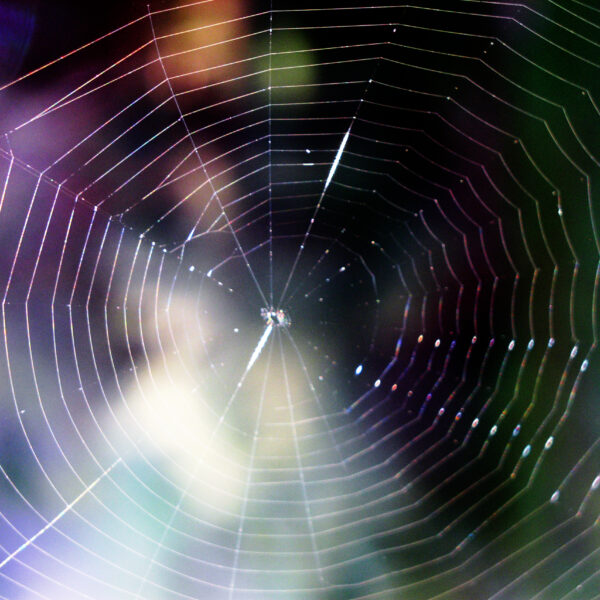
There are at least six identifiable and interrelated relationships in the three books under consideration in this forum. Investigations into the nature, expectations, and communicative barriers in any given relationship is of value to our broader scholarly field but so too is asking how the contours of one relationship may impact that of another
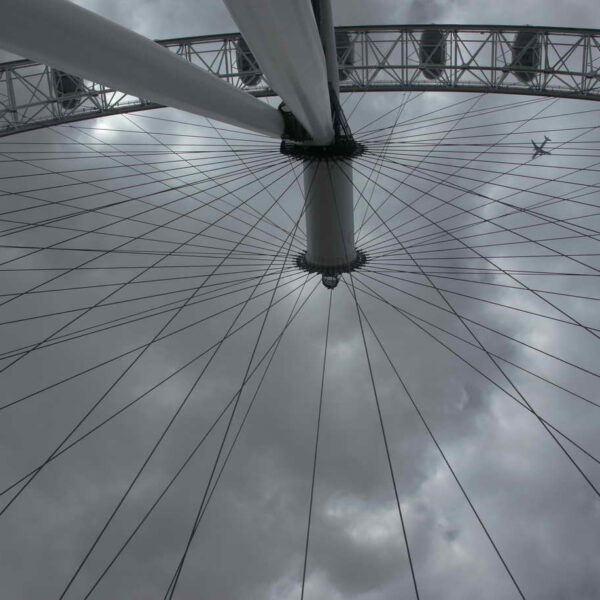
Regardless of our interrogation of it, the terminology of “religion” is operative in the world—not only among the scholars who frame it as a second-order category, but among our interlocutors and kinship networks. Given the baggage that often accompanies it, perhaps it is unsurprising that so many of us are hesitant to apply this label to the people, places, and practices to which we attach meaning.



